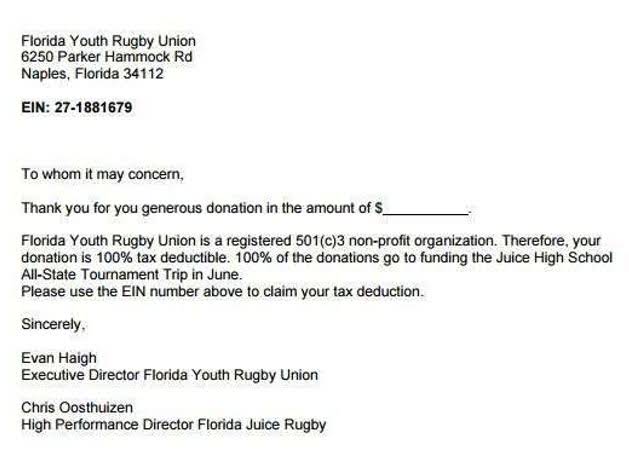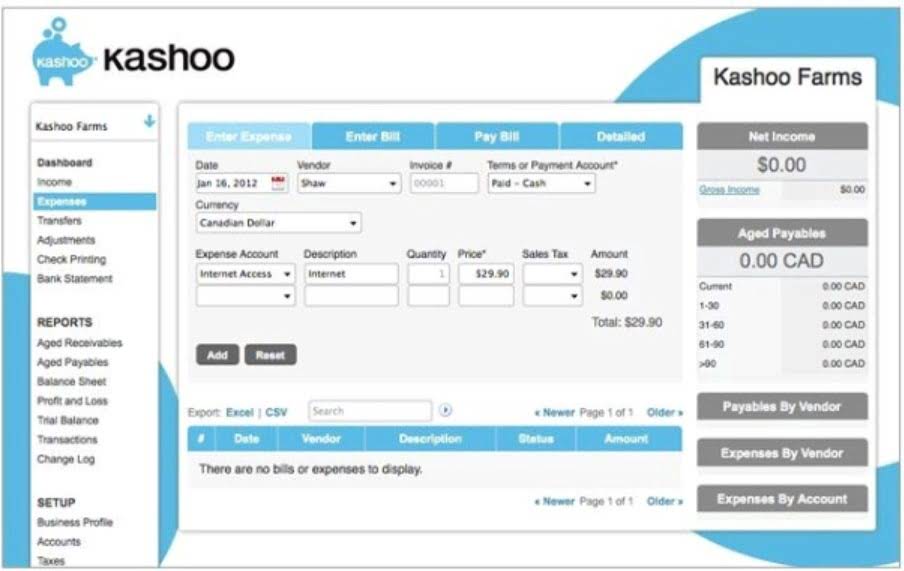Get in Touch with Us: Connect for Enquiries, and Support
The Ultimate Accounting Basics Cheat Sheet
Benefits
Have Any Question?


To ensure the bank account and cash book matched each other Carli performed a bank statement reconciliation… And from this discovered that Mike was having a few too many coffeebreaks at the local café which they were going to have to talk about… Mike and Carli bookkeeping 101 met with their bank representative to get the right types of bank accounts set up for the business. Armed with this accounting basic cheat sheet, you now have a steppingstone toward greater financial literacy. Check out more of our articles on the EcomBalance blog if you want to learn more about bookkeeping, accounting, and related topics.
- When you buy inventory, that is an asset because it will have future value when you sell it.
- Consistency – Follow data entry rules to ensure that transactions are always recorded in the same manner.
- He also states the importance of protecting your financial information by backing up your data.
- To record a transaction, identify the accounts that will be debited and credited.
- If you have mistakes to fix or transactions to track down, don’t stress.
Generate financial statements
- Fully automated accounting software makes keeping your books as easy as possible.
- If you choose this route, doola offers intuitive bookkeeping software that’s easy to use and provides resources and templates to guide you.
- This creates a corresponding paper trial as proof of the book balances.
- There are a few different ways to jumpstart a career in bookkeeping, from completing certifications and higher education to taking advantage of online tools and resources.
Business News Daily provides resources, advice and product reviews to drive business growth. Our mission is to equip business owners with the knowledge and confidence to make informed decisions. As part of that, we recommend products and services for their success. If you find yourself nodding in ‘yes’ to either of the above statements, you are in the right place. The best part is that you will not require any prior knowledge or an accounting degree to get started. Costs vary greatly for small business bookkeeping depending on the volume of transactions you make and the overall complexity of your financials.
. Nonprofit Accounting
An accountant must have formal training and be a member of a professional order, while a bookkeeper does not. Timeliness – Record transactions promptly to ensure data accuracy and to avoid forgetting any details. It helps you prevent errors, comply with legal obligations and effectively analyze your performance. However, it’s important to note that your bookkeeper won’t be the only person working on your business finances. So you’ll want to understand which tasks your bookkeeper is and isn’t responsible for handling. With this type of service, you can communicate completely by email or phone without having to set aside time to meet in person.
Accrual Basis of Accounting
- Finally, if you want someone else to do your bookkeeping for you, you could sign up for a cloud-based bookkeeping service like Bench.
- But there may come a time where your business outgrows your skills.
- The value of inventory can significantly impact a company’s financial statements, so accurate tracking and management is vital.
- Our Visual Tutorials break down complex accounting concepts into simple, easy-to-follow steps.
- A relatively small amount, then, is immaterial, or insignificant.
These reports will help you gain greater insights into the financial health of your small business. First on our financial accounting basics cheat sheet is the balance sheet. A balance sheet reveals at any specific point in time the assets, liabilities, and shareholders’ equity of a company. It gives you an idea of your current and potential financial health by revealing what a company owns (assets) and what a company still owes to an entity (liabilities and equity). It’s called a balance sheet because the assets must be equal to the liabilities and equity. Balance sheet ratios are formulas that use data gleaned from this statement to further asses your finances.

Bookkeeping 101: A Beginner’s Guide for Small Business Owners
Equity petty cash refers to the amount of capital invested by an owner or owned by a shareholder. In bookkeeping, this also refers to the amount the remains after subtracting liabilities from assets. These accounts typically increase with investments like when someone purchases stock in the company. Recording a debit in one account means recording it as a credit in a different, applicable account. For example, crediting an asset account and recording it as a debit in an expense account when making a business expense. The materiality principle involves a business actually violating a certain other accounting principle.

You need to know your net profit in order to do your taxes, and to figure that out, you need to know your total income and expenses. And the only way to know that for sure is to have accurate, up-to-date books. For instance, ever looked at your bank statements and thought, Where is all the money we made this month? Fully automated accounting software makes keeping your books as easy as possible. Enter some basic business information and we’ll send you up to five free quotes customized to your unique bookkeeping needs. Bookkeeping begins with setting up each necessary account so you can record transactions in the appropriate categories.

Once you have settled on a bookkeeping and accounting system, you should set up your software. Go for a simple spreadsheet if you own a small business and more complex software if your firm is larger. At the same time, businesses need to make sure they pay their own bills on time to avoid late fees and maintain a solid reputation. These expenses that haven’t been paid yet are categorized as accounts payable.
Select an accounting method

In this module, you will learn how bookkeepers using accounting software to record transactions. You will also further your understanding of the accounting cycle by learning how to create trail balances and produce financial statemnets. The way you categorize transactions will depend on your business and industry.
Step 3: Balance the Books
Bookkeeping accuracy and reliability are essential for businesses to succeed for staff, executives, customers, and partners. Do-it-yourself bookkeeping is very common for the https://www.bookstime.com/articles/accounts-receivable-factoring micro business, self-employed freelancing startup, especially when on a tight budget. If you have none of those concerns, doing it yourself should work for you.If it sounds like it will be too hard, then look for a Bookkeeper to outsource your bookkeeping to.


